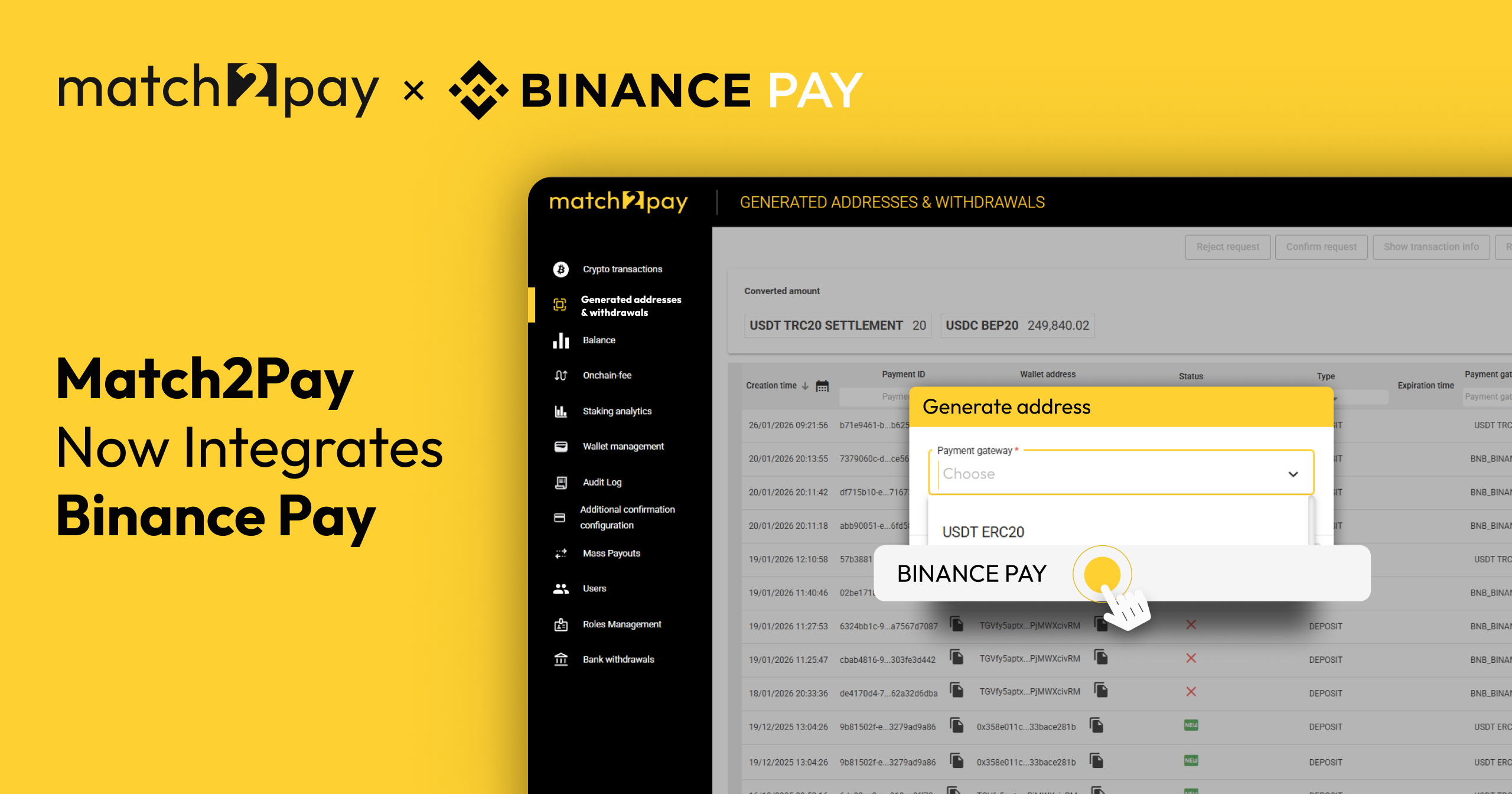In an era where crypto assets are both a novelty and a necessity, Forex Brokers face a complex regulatory landscape that varies drastically across the globe. From outright prohibitions to full legal acceptance, cryptocurrencies challenge traditional financial norms, urging Forex enterprises to strategically choose their operational grounds. Our new article will navigate you through the shifting sands of international regulations to highlight where and how your business can thrive in the crypto-integrated financial sector.
Cryptocurrencies were initially embraced as an unregulated alternative to conventional banking, free from the clutches of governmental oversight. However, their increasing incorporation into mainstream finance has drawn significant attention from global regulators. Today, they stand at the forefront of regulatory evolution, with various countries experimenting to find a balance between innovation facilitation and consumer protection.
We identify six key regions that offer robust support for the Forex Brokers operations – through both progressive regulatory approaches and economic incentives like reduced taxation on crypto transactions and formal recognition of digital currencies as valid forms of payment. A thorough understanding of these legal and economic climates will enable Forex businesses to strategically position themselves for success in the global market. So, let’s dive deep into the crucial overview of the global regulatory environment, offering insights into how Forex brokerages can leverage these dynamics to their advantage.
Gibraltar: Gateway to the European Market
Gibraltar stands out as a premier jurisdiction for Forex businesses due to its sophisticated DLT regulatory framework. This framework not only offers legal clarity but also establishes a conducive environment for businesses dealing in cryptocurrencies. With a robust support system comprising banks, legal, and accounting services well-versed in the crypto sector, Gibraltar presents a compelling case for Forex brokers. The territory’s unique relationship with the EU provides an expansive market reach, while competitive corporate tax rates and specific exemptions make it financially appealing. Moreover, Gibraltar’s commitment to high governance standards and investor protections reinforces its position as a stable and credible hub for financial services.
Vanuatu: The Advantage of Regulatory Flexibility
Vanuatu attracts Forex businesses with its lenient regulatory requirements and significant tax advantages. The Vanuatu Financial Services Commission (VFSC) facilitates a straightforward licensing process, making it a strategic choice for Forex Brokers looking to swiftly incorporate and commence operations.
The absence of corporate income tax, capital gains tax, and withholding tax on international transactions places Vanuatu at a competitive edge.
South Africa: A Robust Regulatory Framework for Forex Brokers
South Africa offers a compelling environment for Forex brokerages, with a well-regulated financial sector overseen by the Financial Sector Conduct Authority (FSCA). The FSCA’s rigorous standards ensure transparency and accountability, enhancing the trustworthiness of financial institutions within the country. South Africa’s status as an economic gateway to the African continent further augments its appeal, providing Forex businesses with expansive market access. The country’s advanced banking infrastructure and legal alignment with global financial practices offer a solid foundation for incorporating cryptocurrency transactions.
British Virgin Islands: Flexibility, Financial Freedom and a Gateway to International Markets
The British Virgin Islands (BVI) provide a business-friendly regulatory environment that is particularly beneficial for Forex operations. The absence of foreign exchange controls, coupled with a straightforward licensing process, makes the BVI an accessible option for international financial transactions. The BVI’s strategic geographical location serves as a gateway to major markets, enhancing its attractiveness as a jurisdiction. Additionally, the legal recognition of cryptocurrencies and compliance with international standards such as the Virtual Assets Service Providers Act position the BVI as a forward-thinking choice for Forex businesses.
Seychelles: Cost-Effective and Flexible Licensing for Brokers
Seychelles offers a favourable regulatory environment with more relaxed guidelines compared to other jurisdictions. The Financial Services Authority (FSA) of Seychelles allows for easy and cost-effective licensing for Forex. Seychelles provides a tax-friendly atmosphere that can significantly benefit Forex enterprises. The local regulatory framework’s flexibility in payment methods makes Seychelles an increasingly popular choice for Forex businesses seeking operational efficiency and financial benefits.
Australia: Stringent Compliance and Market Confidence
Australia boasts a comprehensive regulatory framework managed by the Australian Securities and Investments Commission (ASIC), which enhances the security and transparency of financial services. The country’s commitment to stringent compliance standards, including AML and KYC regulations, builds a trustworthy environment for Forex brokers. Australia’s progressive stance on cryptocurrencies, combined with the absence of restrictions on offering multi-asset trading solutions, positions it as a leading jurisdiction for Forex businesses aiming to integrate crypto payments effectively.
While the territories discussed offer substantial advantages, the decision to base operations should be accompanied by thorough due diligence and a strategic approach tailored to your brokerage business’s specific goals. If you’re looking to integrate crypto payments in your Forex business and have questions about navigating the complex regulatory environments, do not hesitate to contact us. Start working with a partner who values your business interest and has proven expertise in the Forex market.





 (TRC20)
(TRC20) (BEP20)
(BEP20)